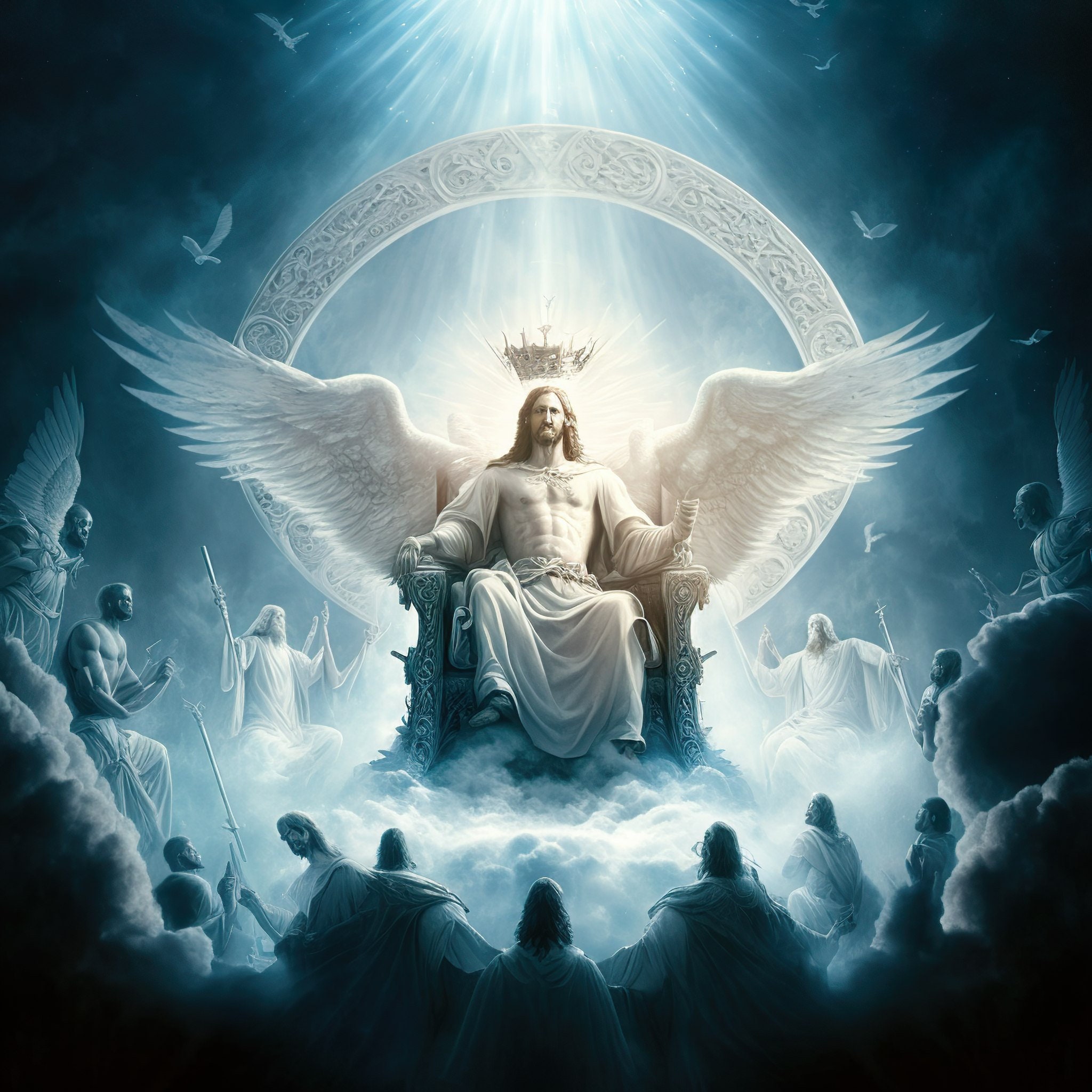The quest for understanding the divine encapsulates the essence of humanity’s search for meaning. In Bahá’í teachings, the nature of God is profoundly articulated, inviting seekers to contemplate a conception of the divine that transcends traditional religious boundaries. This exposition endeavors to elucidate who or what God is, through the lens of Bahá’í doctrine, employing metaphor and thematic richness to uncover the unique appeal inherent in these teachings.
At the core of Bahá’í belief is the proclamation that God is an unknowable essence, a transcendent being whose attributes can only be grasped through the manifestations He sends into the world. The metaphor of a vast ocean often encapsulates this vision; just as one cannot fully comprehend the depths, currents, and mysteries of the sea, so too is God beyond the complete ken of human understanding. This ocean, however, does not serve to alienate seekers but instead nourishes them, providing the various waves— the prophets and manifestations— through which divine wisdom and guidance are bestowed upon humanity.
Within the Bahá’í framework, God is not a distant deity sitting aloof from creation. Rather, the essence of the divine pervades the universe, imbuing it with purpose and vitality. By analogy, one might liken God’s essence to light—ubiquitous and illuminating. The manifestations of God, such as Moses, Jesus, Muhammad, and Bahá’u’lláh, are thus akin to prisms that refract this divine light, revealing its numerous colors and facets. Each prophet, with his or her unique message, contributes to the kaleidoscopic vision of truth, guiding humankind through the tumultuous seas of existence.
The teachings elucidate that God possesses infinite attributes, each representing a characteristic that humanity aspires to emulate. These divine attributes—such as love, mercy, justice, and wisdom—are the lodestars guiding individuals in their moral and spiritual development. Hence, in striving to embody these virtues, believers engage in a transformative journey, elevating not only their own lives but also contributing to the collective upliftment of society.
A prominent aspect of understanding God within the Bahá’í context is the eradication of sectarianism and exclusivity. The Bahá’í belief posits that all teachings of the prophets are part of a single, unfolding revelation, akin to a tree with various branches, each bearing fruits of wisdom and guidance. This interconnectedness implies that no single religion holds a monopoly on truth. Instead, the Barriers of dogma and prejudice dissipate in the face of the inclusive nature of the divine message. The tree of divine revelation encourages a harmonious coexistence among different faiths, emphasizing the value of dialogue and mutual respect.
The concept of progressive revelation is central to Bahá’í theology. This notion posits that God reveals His will to humanity progressively, through various manifestations, in accordance with the evolving capacities and needs of people at different epochs. Thus, the teachings of Bahá’u’lláh regarding peace, unity, and the oneness of humanity resonate powerfully in the contemporary world, addressing existential dilemmas that emerge from an increasingly interconnected yet fragmented global landscape.
Furthermore, Bahá’í teachings assert the inherent dignity of every individual as a reflection of God’s image. This notion elevates the understanding of self-worth beyond superficial distinctions of race, gender, or nationality. The potential divinity within every human soul calls upon believers to recognize their divine purpose in serving humanity. The metaphor of a candle flickering in the dark illuminates this concept; each person bears the capacity to radiate light, dispelling ignorance and fostering understanding in a world often shadowed by division.
In considering the attributes of God, Bahá’í writings emphasize the interconnectedness between the Creator and creation. This relationship is often illustrated through the metaphor of a garden nurtured by a skilled gardener. Just as a gardener cultivates his plants with care and attention, so too does God tend to humanity, providing the necessary tools for growth and transformation. The beauty of this garden lies in its diversity, where each flower, tree, and shrub occupies a distinct yet harmonious position within the ecosystem. This further underscores the Bahá’í principle of unity in diversity, extolling the varied contributions of every individual toward the holistic flourishing of the community.
As one contemplates the question, “Who is God?” through the Bahá’í lens, the inquiry evolves from a mere existential curiosity into a profound exploration of identity, responsibility, and potential. The nature of God extends beyond theoretical constructs, manifesting in the lived experiences of individuals committed to the pursuit of truth, justice, and love. Through prayer and meditation, believers forge an intimate connection with the divine, drawing closer to the essence of God while simultaneously fostering a deeper understanding of their own intrinsic worth.
Ultimately, the Bahá’í perspective on God invites individuals to embark on a lifelong journey of discovery, fostering an ongoing dialogue between the finite and the infinite, between human aspiration and divine guidance. By dwelling upon the profound mysteries of God’s character, believers are motivated to translate their insights into actions that promote unity, compassion, and service. As a community of seekers, the Bahá’ís embrace the challenge of realizing a world that reflects divine principles, nurturing a vibrant tapestry woven from the threads of diverse beliefs and experiences, all while resting upon the profound understanding of an unknowable yet omnipresent God.
